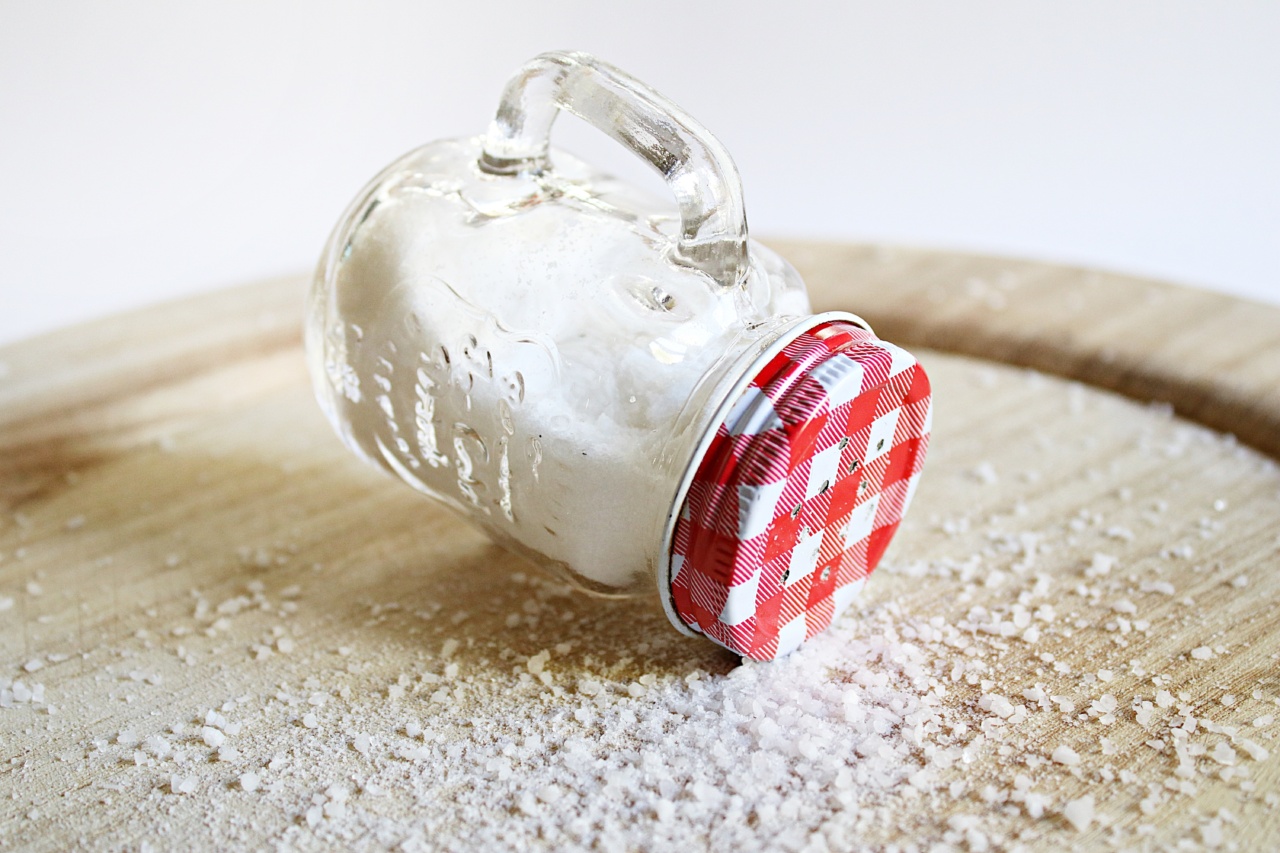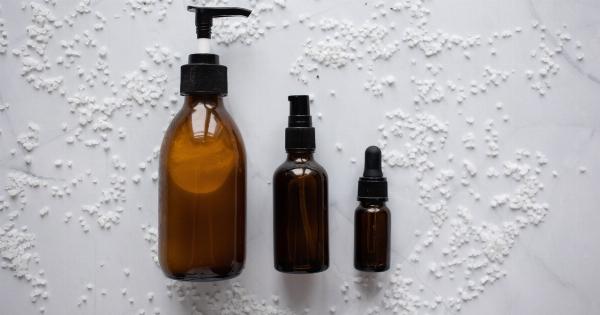Brushing your teeth regularly is essential for maintaining good oral hygiene. It helps to remove plaque, prevent cavities, and keep your breath fresh.
While traditional toothpaste is effective, brushing with salt and baking soda has been gaining popularity in recent years. Here are some of the benefits of brushing with salt and baking soda.
1. Natural Teeth Whitening
Salt and baking soda are both natural teeth whiteners. Baking soda has abrasive properties that help to remove surface stains on your teeth, while salt helps to scrub away stubborn stains.
When used together, they create a powerful DIY teeth whitening solution.
2. Freshens Breath
Bad breath can be a problem for many people. While traditional toothpaste can help to mask bad breath, it doesn’t always address the underlying cause. Salt and baking soda are both effective in neutralizing odors and freshening your breath.
3. Reduces Plaque Build-Up
Plaque is a sticky film of bacteria that can accumulate on your teeth and gums. It can lead to cavities, gum disease, and other oral health problems.
Brushing with salt and baking soda helps to reduce plaque build-up by breaking down the bacteria that cause it.
4. Helps to Prevent Cavities
Cavities are caused by bacteria that produce acid, which attacks the enamel of your teeth. Brushing with salt and baking soda helps to neutralize this acid and prevent it from damaging your teeth.
5. Saves Money
Traditional toothpaste can be expensive, especially if you have a large family. Brushing with salt and baking soda is a cost-effective alternative that can save you money in the long run.
Both ingredients are inexpensive and can be easily found in most grocery stores.
6. Minimizes Sensitivity
Some people experience tooth sensitivity when using traditional toothpaste. Salt and baking soda are both gentle on the teeth and can help to minimize sensitivity.
They also help to provide a natural barrier against harmful bacteria, reducing the likelihood of developing sensitivity over time.
7. Chemical-Free
Traditional toothpaste can contain a variety of chemicals, including fluoride, triclosan, and sodium lauryl sulfate. While these ingredients are generally safe, some people prefer to avoid them.
Salt and baking soda are natural ingredients that are free from harmful chemicals, making them a great option for those who prefer a more natural approach to oral hygiene.
8. Easy to Use
Brushing with salt and baking soda is easy to do. Simply mix equal parts of each ingredient and apply to your toothbrush. Brush your teeth as you normally would, taking care not to apply too much pressure, as this can damage your enamel.
Rinse your mouth with water when finished.
9. Improves Gum Health
Gum health is just as important as tooth health. Brushing with salt and baking soda has been shown to improve gum health by reducing inflammation and bleeding.
It also helps to promote healthy gums by removing food particles and bacteria that can accumulate along the gum line.
10. Sustainable
Using salt and baking soda to brush your teeth is a sustainable option that is better for the environment. Traditional toothpaste often comes in plastic tubes that can be difficult to recycle.
Salt and baking soda, on the other hand, come in recyclable packaging and are gentle on the environment.
Conclusion
Brushing with salt and baking soda is a natural and effective way to maintain good oral hygiene.
It offers many benefits, including natural teeth whitening, fresh breath, reduction of plaque and cavities, cost-effectiveness, gentle on teeth, chemical-free, easy to use, improves gum health, and is sustainable. While it may not be for everyone, it is a great alternative to traditional toothpaste that is worth considering.
























